The Human Element: Top Talent Behind Successful ICO Software Development Companies
Leading 6 Platforms For Creating Your Crypto Tokens

 Albert Peter
Albert Peter
·
Follow
Published in
Coinmonks
11 min read
·
Jan 18
Listen
Share
More
In
the dynamic realm of blockchain technology, creating your crypto tokens has become increasingly accessible, fostering innovation and diversity in the decentralized space. This article explores six leading platforms that empower individuals and organizations to craft their unique crypto tokens. From Ethereum-based solutions like ERC-20 tokens to alternative blockchains offering distinct advantages, each platform provides a gateway for users to bring their digital assets to life. The comprehensive analysis delves into the features, functionalities, and potential use cases of these platforms, guiding readers through the process of token creation. Whether you’re a blockchain enthusiast, entrepreneur, or developer, understanding these platforms is key to navigating the ever-evolving landscape of crypto finance and contributing to the broader ecosystem. Embrace the future of decentralized finance by exploring the possibilities offered by these cutting-edge token creation platforms.
The comprehensive analysis delves into the features, functionalities, and potential use cases of these platforms, guiding readers through the process of token creation. Whether you’re a blockchain enthusiast, entrepreneur, or developer, understanding these platforms is key to navigating the ever-evolving landscape of crypto finance and contributing to the broader ecosystem. Embrace the future of decentralized finance by exploring the possibilities offered by these cutting-edge token creation platforms.
Ever wondered about the essence of a blockchain? Essentially, it serves as a digital ledger that ensures the secure and unalterable storage of diverse information. Its widespread acclaim can be attributed to its decentralized nature and transparent operations. In the realm of blockchain, no one holds the power to silence or obliterate any piece of data. Projections from experts in the field anticipate that the integration of blockchain technology into various businesses will yield a revenue of approximately $40 billion by the year 2025.
Acquiring the necessary funds finds its solution through the utilization of crypto tokens, a process commonly referred to as Crypto Crowdfunding. In this crowdfunding approach, the sale of crypto tokens takes center stage, presenting newly minted tokens for potential buyers. Within the crypto space, various crowdfunding methods are at your disposal, including ICO, IPO, STO, IEO, and more. As mentioned earlier, tokens play a crucial role in any fundraising endeavor, making it a daunting task for emerging startups to choose the right token development company. This article aims to guide you through some of the top blockchains currently dominating the crypto landscape for crafting crypto tokens.
So, without further ado, let’s delve into…
Exploring Crypto Token Development - Overview
At the core of all blockchain endeavors lies the foundation of crypto token development. These tokens represent a digital currency or asset, possessing inherent value and serving diverse functions. Leveraging these crypto tokens allows you to generate capital for your business and engage in trading activities on well-established exchanges. Recognizing the potential for profit and versatility, a growing number of individuals have ventured into the creation of their crypto tokens, employing them for various purposes.
The genesis of a crypto token involves the implementation of smart contracts. These contracts, described as bonds or agreements, encapsulate a specific set of programs with customizable features. Every crypto token, crafted through the utilization of smart contracts, finds its place on the blockchain, ensuring secure and steadfast maintenance.
Exploring Various Crypto Token Development Services
Within the expansive realm of the crypto ecosystem, a multitude of crypto tokens exists, presenting seamless opportunities for business development.
Fungible Token Development
Fungible tokens, divisible and non-unique, carry inherent value and can be exchanged for tokens of the same type. Predominantly circulating in the crypto market, fungible tokens serve versatile purposes like crypto crowdfunding, trading, staking, lending, and more. Commonly categorized as utility and security tokens, fungible tokens offer flexibility and functionality.
Utility Token Development
Widely embraced within the blockchain, utility tokens are instrumental in buying, selling, and trading within crypto marketplaces. Typically issued during initial coin offerings (ICOs), these tokens serve specific roles in the crypto space, including trading, staking, lending, and making purchases. Startups seeking funding often create utility tokens, offering investors a token of appreciation for their support. These tokens also grant voting rights and access to services provided by the fundraising company. For optimal results, businesses can engage with reputable Utility Token Development companies in the crypto space.
Security Token Development
Backed by real-world assets like bonds and collectibles, security tokens represent tokenized versions of tangible securities. Development follows guidelines set by regulatory bodies such as the Securities and Exchange Commission (SEC), with variations in regulations across countries. Commonly adhering to regulations A+, D, S, and CF, security tokens eliminate intermediaries, ensuring high security. With categories including debt tokens, equity tokens, and asset tokens, businesses can select the type of security token based on their specific requirements.
Non-Fungible Token (NFT) Development
In recent times, non-fungible tokens (NFTs) have gained immense popularity. These unique tokens can tokenize digital collectibles such as paintings, artworks, music files, GIFs, and even tweets from notable personalities. Each NFT possesses distinct characteristics, rendering them unique and irreplaceable, leading to their significant value. The market for NFTs has seen transactions reaching millions of dollars, underscoring their prominence in the crypto space.
Exploring the Top Blockchain Platforms for Crypto Token Development
Within the expansive crypto ecosystem, various blockchain platforms facilitate the creation of crypto tokens. Among the array of options, Ethereum, Tron, and the BNB chain stand out as the premier choices for crypto token development. Here, each of these leading blockchains is detailed for a comprehensive understanding.
1. Ethereum Blockchain (ETH)
 As the second-developed and foremost blockchain platform in the crypto industry, Ethereum remains a decentralized powerhouse utilized for Dapp development and crypto token creation. Smart contracts play a pivotal role in the development of decentralized apps and crypto tokens on the Ethereum platform.
As the second-developed and foremost blockchain platform in the crypto industry, Ethereum remains a decentralized powerhouse utilized for Dapp development and crypto token creation. Smart contracts play a pivotal role in the development of decentralized apps and crypto tokens on the Ethereum platform.
Ethereum offers the ability to create fungible, non-fungible, and semi-fungible tokens. Specific token standards, including ERC20, ERC721, ERC1400, and ERC1155, cater to the creation of different types of tokens. These standards, denoted by ERC (Ethereum request for comments) followed by a unique identifier, contribute to the versatility of the Ethereum token development platform.
➵ ERC20 Token Standard
Known as the prominent crypto token standard on the Ethereum blockchain, ERC20 represents a fungible token standard, allowing easy swapping of tokens. ERC20 tokens, with divisible values, find applications in diverse areas like ICO crowdfunding, trading, staking, and lending. The popularity of the ERC20 token standard is evident, making it a preferred choice for creating crypto tokens on the Ethereum platform. For those seeking to create ERC20 tokens, engaging with a reputable Ethereum Token Development Company is recommended for optimal results.
➵ ERC721 Token Standard
Serving as the non-fungible token standard on Ethereum, ERC721 enables the conversion of unique collectibles into NFTs. Each ERC721 token possesses distinct characteristics, making it ideal for applications in gaming platforms and as a reward for players, as seen in examples like Crypto Kitties.
➵ ERC1400 Token Standard
Designed specifically for security token creation, ERC1400 stands out as the preeminent token standard on Ethereum. A fusion of ERC20 and ERC777 token standards, ERC1400 facilitates the creation of security tokens. The inclusion of this standard in the Polymath token studio streamlines the process of developing ERC1400 tokens.
➵ ERC1155 Token Standard
Representing a semi-fungible token standard, ERC1155 combines features of both ERC20 and ERC721 token standards. This unique standard allows the creation of tokens that remain fungible for a defined period before automatically transitioning into non-fungible tokens.
Among these token standards, ERC20 stands out as the most widely chosen for crypto token creation, owing to its early adoption and high reputation. ERC20 tokens are commonly listed on major exchanges, making them a preferred option for those aiming to create fungible crypto tokens.
2. Tron Blockchain (TRON)
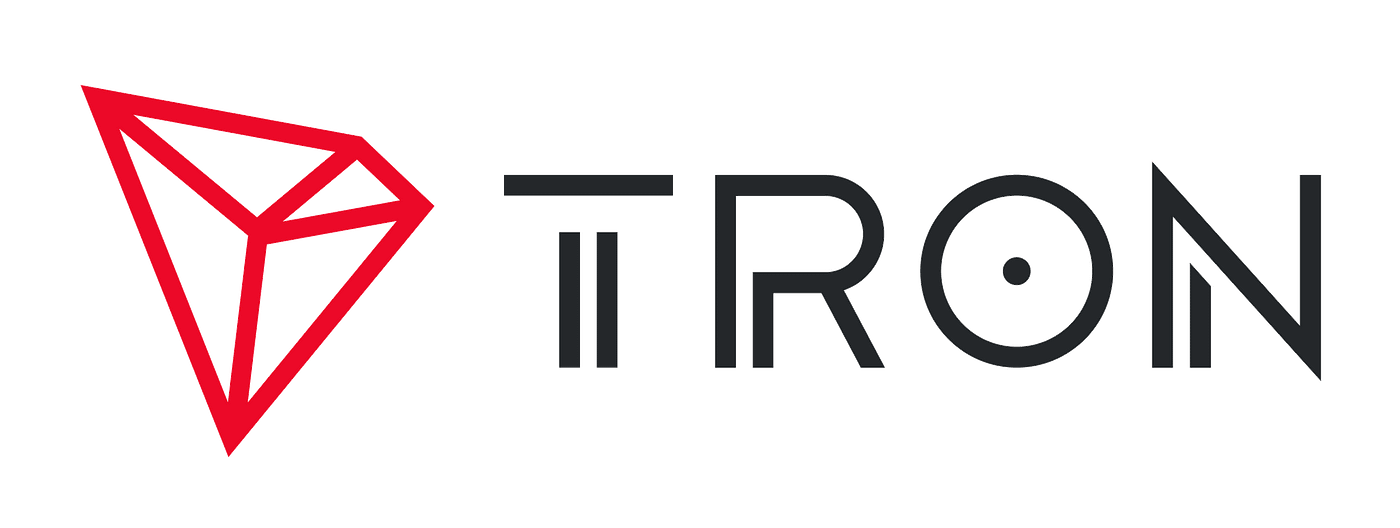 Tron stands out as a prominent blockchain within the crypto landscape, conceived to host entertainment-focused applications. Positioned as an ideal token development platform for entertainment-based tokens, Tron is an open-source blockchain incorporating advanced features for decentralized app (Dapp) creation. Notably, it facilitates the cost-effective sharing of digital content and introduces its native cryptocurrency, Tronix, also known as TRX. TRX is recognized as one of the most popular cryptocurrencies in the market, emphasizing Tron’s commitment to expanding the realm of Dapps by simplifying their creation and deployment. Tron introduces token standards like TRC20 and TRC721 for the seamless development of tokens.
Tron stands out as a prominent blockchain within the crypto landscape, conceived to host entertainment-focused applications. Positioned as an ideal token development platform for entertainment-based tokens, Tron is an open-source blockchain incorporating advanced features for decentralized app (Dapp) creation. Notably, it facilitates the cost-effective sharing of digital content and introduces its native cryptocurrency, Tronix, also known as TRX. TRX is recognized as one of the most popular cryptocurrencies in the market, emphasizing Tron’s commitment to expanding the realm of Dapps by simplifying their creation and deployment. Tron introduces token standards like TRC20 and TRC721 for the seamless development of tokens.
➵ TRC20 Token Standard
TRC20, a widely embraced fungible token standard on the Tron blockchain, is favored by many aspiring entrepreneurs for the creation of their TRC20 tokens. Adhering to a set of protocols, TRC20 ensures effective, scalable, and reliable token creation, providing a valuable resource for token developers seeking to enhance their business.
➵ TRC721 Token Standard
For non-fungible tokens on Tron, TRC721 emerges as the standard of choice. Widely utilized for the creation of non-fungible tokens, TRC721 enables the easy tokenization of virtual assets, contributing to increased revenue generation. Those looking to create non-fungible tokens can leverage the adaptability and efficiency offered by the TRC721 token standard for optimal results in their endeavors.
3. Binance SmartChain (BNB) Platform
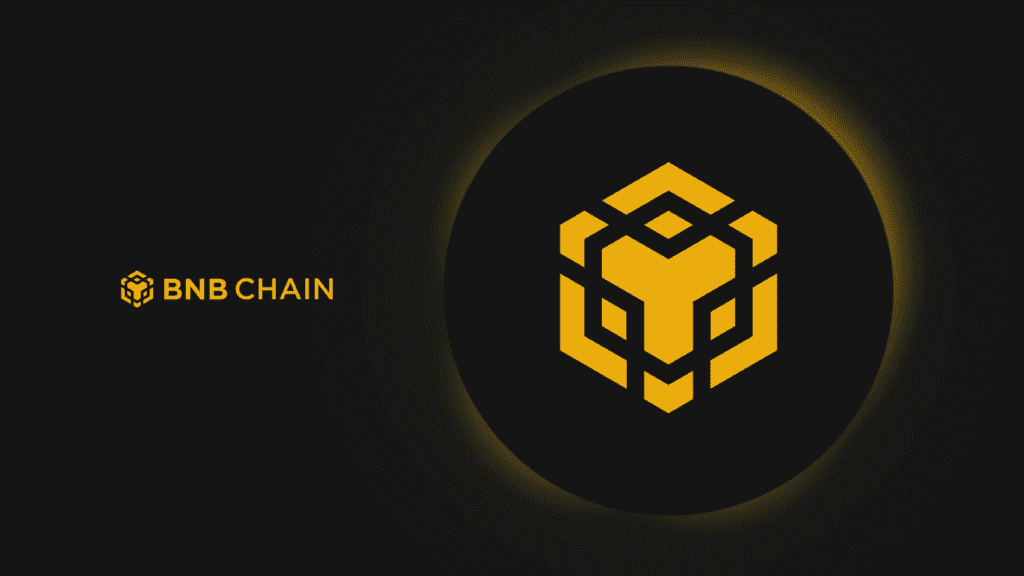 The inception of the BNB chain was guided by the mission of advancing decentralization, with BNB representing “build N build.” The platform’s focus on bolstering interoperability and providing a parallel virtual environment positions it as a key player in the blockchain landscape. Binance SmartChain (BNB) enables the creation of decentralized applications that maintain low latency and high capacity, while also facilitating the cost-effective development of tokens. Recognized as an exemplary blockchain platform, the BNB chain attracts users seeking to embark on crypto token creation. Notably, it features popular token standards like BEP20 and BEP721 for crafting crypto tokens.
The inception of the BNB chain was guided by the mission of advancing decentralization, with BNB representing “build N build.” The platform’s focus on bolstering interoperability and providing a parallel virtual environment positions it as a key player in the blockchain landscape. Binance SmartChain (BNB) enables the creation of decentralized applications that maintain low latency and high capacity, while also facilitating the cost-effective development of tokens. Recognized as an exemplary blockchain platform, the BNB chain attracts users seeking to embark on crypto token creation. Notably, it features popular token standards like BEP20 and BEP721 for crafting crypto tokens.
➵ BEP20 Token Standard
Considered the premier token standard of the BNB chain, BEP20 is crafted to extend the ERC20 token standard. This standard maintains compatibility with both BEP2 and ERC20 token standards, offering a technical specification that presents a flexible and user-friendly format for token developers. BEP20 tokens serve various purposes, with a notable advantage being their contribution to ultra-fast trading. To create BEP20 tokens, developers can adopt the BEP20 token standard, leveraging its capabilities for diverse applications.
➵ BEP721 Token Standard
An extension of the ERC721 standard, BEP721 is tailored for creating non-fungible tokens (NFTs). This token standard empowers users to tokenize assets with full ownership rights. Various items such as in-game assets, digital art, collectibles, physical tangible items, and even lottery tickets can be seamlessly converted into non-fungible tokens using the BEP721 standard. Each NFT created with the BEP721 token standard is assigned a unique identifier, ensuring distinctiveness and traceability.
4. Solana Blockchain (SOL) Platform
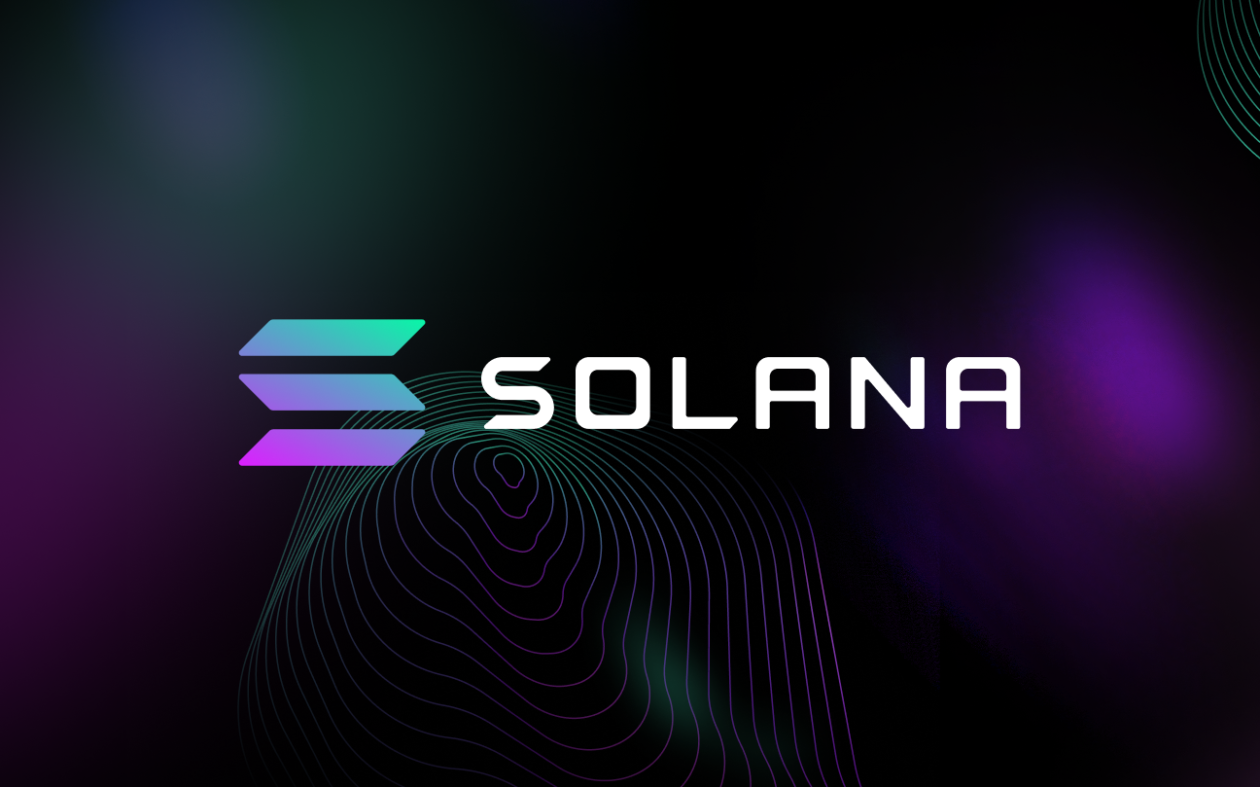 Solana stands out as a popular blockchain, dedicated to delivering an efficient user experience. It provides a seamless environment for the creation and accessibility of decentralized applications. Token creators leveraging the Solana blockchain enjoy numerous benefits, including high censorship resistance, remarkable scalability, enhanced transaction speed, and interoperability.
Solana stands out as a popular blockchain, dedicated to delivering an efficient user experience. It provides a seamless environment for the creation and accessibility of decentralized applications. Token creators leveraging the Solana blockchain enjoy numerous benefits, including high censorship resistance, remarkable scalability, enhanced transaction speed, and interoperability.
Token standards within the Solana blockchain are consolidated within the Solana Program Library (SPL), functioning as a distinct software program. This interface serves the purpose of creating, issuing, and transferring Solana tokens within the Solana ecosystem, setting it apart from other token development platforms.
5. Polygon Blockchain (MATIC) Platform
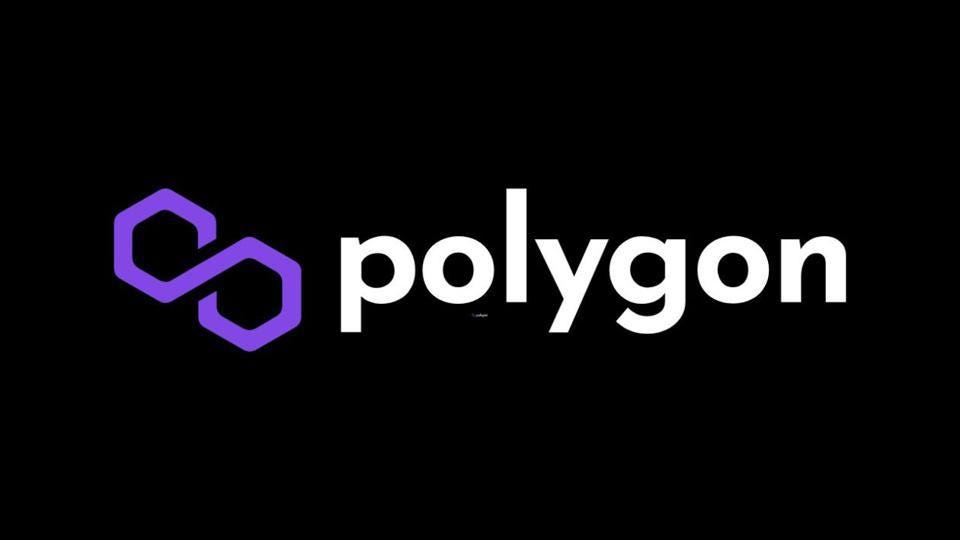 Polygon emerges as a leading blockchain platform designed to enhance scalability and support the Ethereum blockchain. It addresses challenges faced by Ethereum, providing a highly scalable and user-friendly framework for token creators building on the Ethereum network. Originally known as the Matic network, Polygon underwent a name change while introducing enhanced features. The platform offers an ideal environment for startups to effortlessly create Polygon tokens on the Polygon blockchain network.
Polygon emerges as a leading blockchain platform designed to enhance scalability and support the Ethereum blockchain. It addresses challenges faced by Ethereum, providing a highly scalable and user-friendly framework for token creators building on the Ethereum network. Originally known as the Matic network, Polygon underwent a name change while introducing enhanced features. The platform offers an ideal environment for startups to effortlessly create Polygon tokens on the Polygon blockchain network.
6. Waves Blockchain Platform
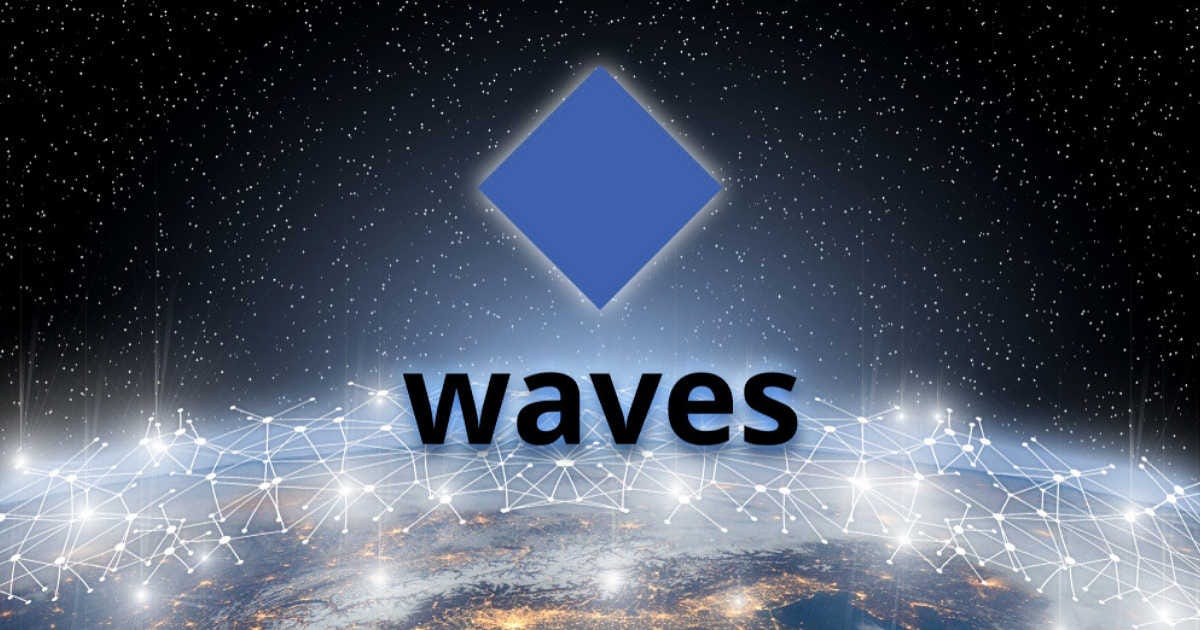 The Waves blockchain platform stands out for its user-friendly approach, enabling the easy development of custom crypto tokens. With its integrated crypto exchange, Waves facilitates seamless token trading without complications. Developers find it convenient to create decentralized applications on the Waves blockchain. Notably, the cost to create Waves tokens is significantly low, contributing to the platform’s recognition as one of the best in the crypto ecosystem.
The Waves blockchain platform stands out for its user-friendly approach, enabling the easy development of custom crypto tokens. With its integrated crypto exchange, Waves facilitates seamless token trading without complications. Developers find it convenient to create decentralized applications on the Waves blockchain. Notably, the cost to create Waves tokens is significantly low, contributing to the platform’s recognition as one of the best in the crypto ecosystem.
These highlighted blockchain platforms represent the current leaders in the crypto ecosystem. As a startup, navigating the selection of the most suitable blockchain platform for your business might pose a challenge. However, fear not! A solution is at hand.
Selecting the Ideal Token Development Platform for Crypto Token Creation
Choosing the right blockchain for creating a crypto token involves evaluating various factors, each contributing to the platform’s uniqueness and popularity within the crypto industry. Consider the following key parameters when making your decision:
- Reputation in the Crypto Industry: Assess the blockchain’s standing and reputation within the crypto industry. Established platforms with a positive track record often inspire confidence and trust.
- Coding Used: Examine the coding language employed by the blockchain. Compatibility with widely adopted languages and frameworks can simplify the development process and enhance community support.
- Kind of Network: Evaluate the type of network the blockchain operates on, such as public, private, or consortium. The chosen network should align with your project’s requirements and goals.
- Gas Fee: Consider the gas fees associated with transactions on the blockchain. Low transaction costs can be advantageous, especially for projects with frequent token transfers.
- Consensus Algorithms Used: Understand the consensus algorithms implemented by the blockchain. Consensus mechanisms like Proof of Work (PoW) or Proof of Stake (PoS) influence security, decentralization, and energy efficiency.
- Performance: Assess the overall performance of the blockchain, including transaction speed, scalability, and responsiveness. A platform with high-performance capabilities can support a wide range of applications.
As a budding entrepreneur, navigating these parameters might seem challenging. In such instances, seeking guidance from a reputable Token Development Company in the crypto ecosystem can prove invaluable. Professionals in the field can provide tailored advice, ensuring that your choice aligns with your business needs and sets you on a path to long-term success.
Conclusion
In conclusion, the landscape of crypto token creation is rich with possibilities, and the six platforms discussed pave the way for a new era of decentralized innovation. From the robust smart contract capabilities of Ethereum to the specialized features of alternative blockchains, individuals and businesses now have unparalleled opportunities to tokenize assets and ideas. Each platform caters to diverse needs, allowing users to tailor their tokens for specific use cases, fostering creativity and flexibility in the decentralized space.
As blockchain technology continues to evolve, staying informed about these leading platforms is crucial for those seeking to navigate and contribute to the expanding world of crypto finance. The ability to craft unique tokens not only democratizes finance but also represents a paradigm shift in how value is created and exchanged in the digital era. The future promises even more advancements, making the exploration and utilization of these platforms an exciting venture for those embracing the decentralized revolution.
Crypto Token Creation
Token Creation
Token
Token Development
Crypto Tokens
 Follow
Follow
Written by Albert Peter
57 Followers
·
Writer for
Coinmonks
I'm Albert Peter a 6+ years Experience in blockchain. NFTs, crypto, and the future of tech. Let's talk.
More from Albert Peter and Coinmonks

 Albert Peter
Albert Peter
in
Coinmonks
🔥Curious About January 2024’s Top 10 Crypto Picks? Find Out Here!
Explore the hottest crypto picks of January 2024! Discover the top 10 choices for a prosperous investment journey.
12 min read
·
Jan 12
54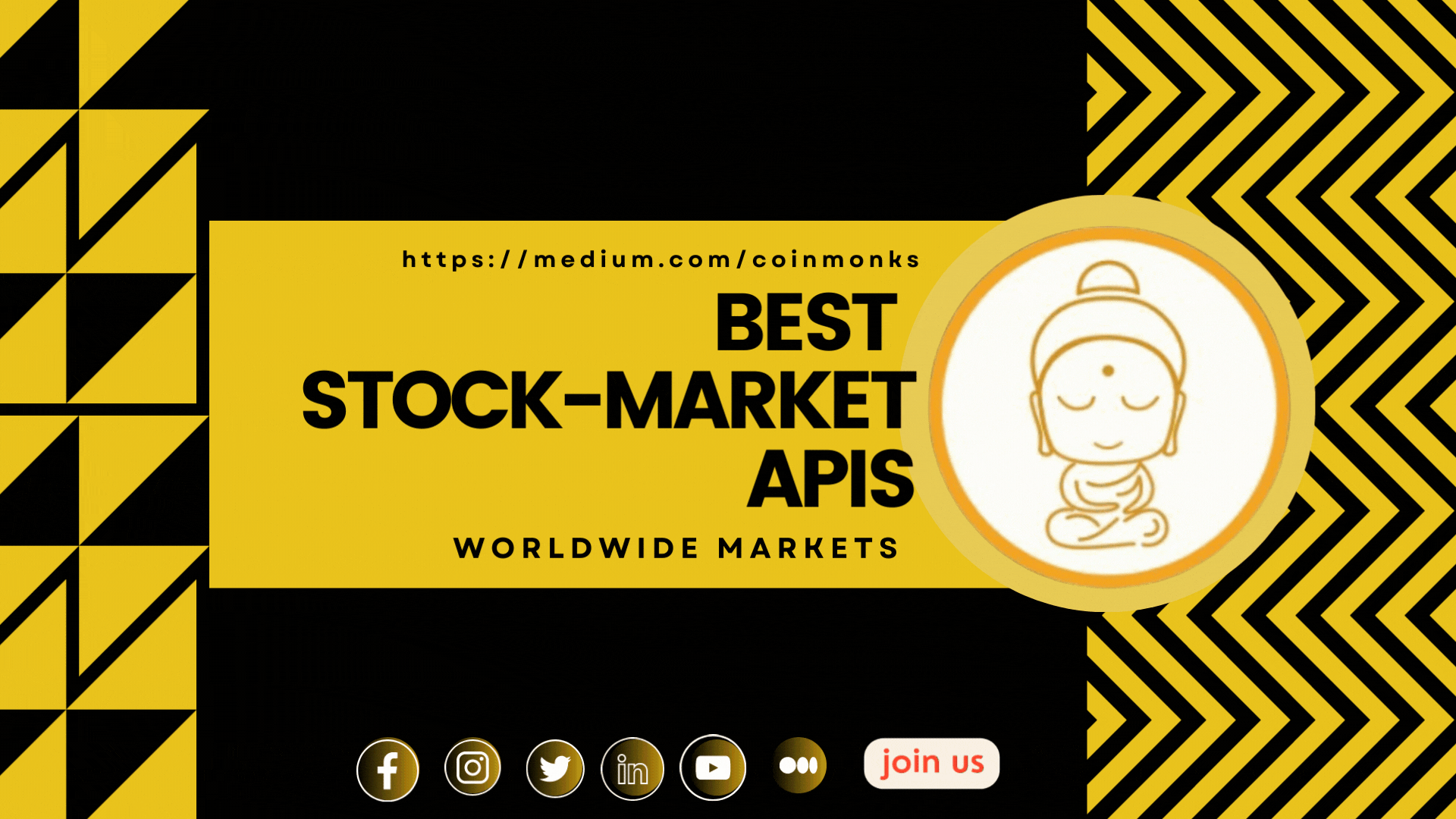
 Harshita Katiyar
Harshita Katiyar
in
Coinmonks
Best Stock Market APIs
An API (Application Programming Interface) is a set of rules and protocols that allows different software applications to communicate and…
31 min read
·
Jun 29, 2023
711
6
 Michel Marchand
Michel Marchand
in
Coinmonks
The Bull Is Back? Top 10 Cryptos to Buy on Coinbase in 2024
well . . . I’M back, shouldn’t that be enough?
21 min read
·
Dec 31, 2023
660
8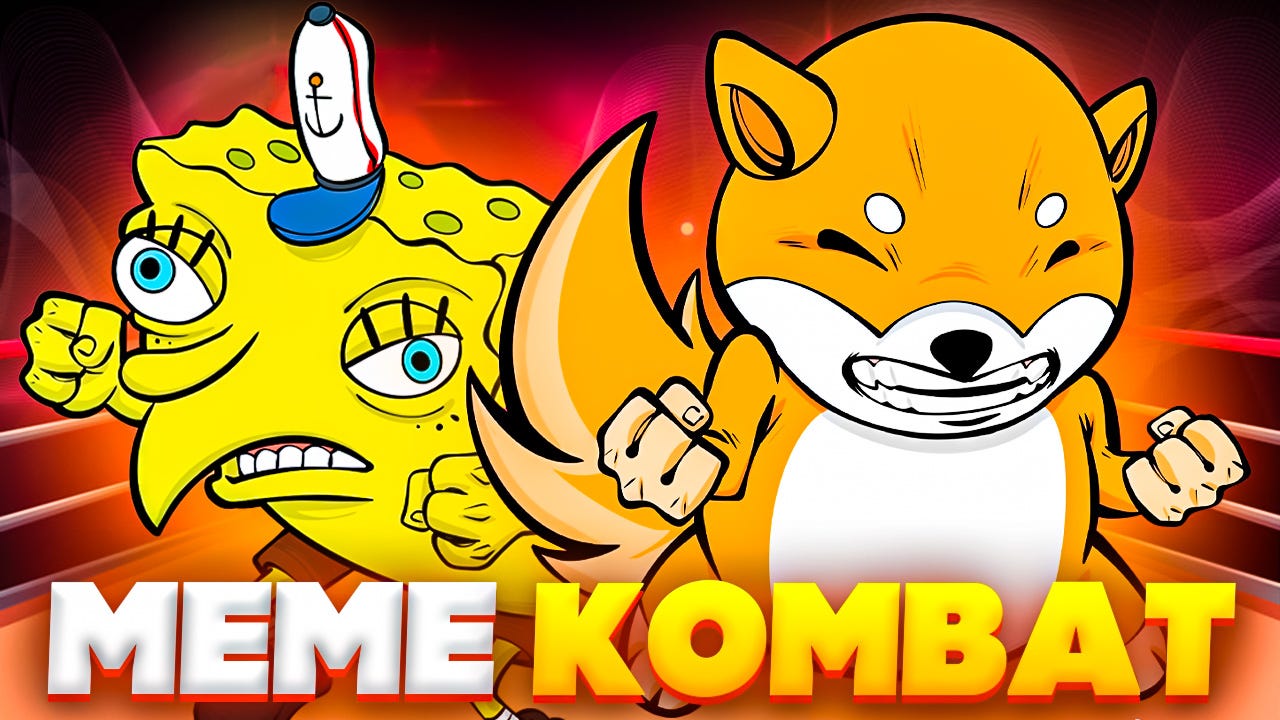
 Albert Peter
Albert Peter
in
Coinmonks
Could This Upcoming Meme Coin Launch Be the Next Major Crypto Sensation?
Unleash the potential! Explore the next big thing in crypto with this upcoming meme coin launch. Don’t miss out on the hype!
5 min read
·
Jan 12
51
Recommended from Medium

Angelika Candie
in
TokenTrends
A Comprehensive Look at Asset Tokenization Rules in the US
Asset tokenization is a revolutionary financial concept that has garnered significant attention in recent years. This innovative approach…
11 min read
·
Dec 1, 2023
4
Rogers Mayaka
in
Coinmonks
2024 Crypto Trends: Insights from Messari’s Theses to NFTs and DeFi Innovations
The cryptocurrency landscape is perpetually evolving, with new technologies and concepts emerging at a rapid pace.
3 min read
·
Jan 12
130
Lists


 Natural Language Processing1128 stories
Natural Language Processing1128 stories
·
597
saves
 Osama Ahmed
Osama Ahmed
OKX WALLET for ICE MINING
Outline
·
4 min read
·
5 days ago
2
2
 Henrique Centieiro & Bee Lee
Henrique Centieiro & Bee Lee
in
DataDrivenInvestor
Use This ChatGPT Trading Bot to Beat 99% of Wall Street Investors!
Step-by-Step of How to Create a Profitable Trading Bot & How to Backtest it with Zero Coding Knowledge Needed.
·
7 min read
·
6 days ago
524
4
 PARSIQ
PARSIQ
Development Update: Reactive Network Executes First Reactive Transaction! ✅
Reactive Network has successfully completed its first reactive transaction, demonstrating the ease of automated cross-chain communication.
3 min read
·
Jan 19
64
1
 Bellakites
Bellakites
The Essential Guide to Hiring Solidity Developers in 2024
If you’re looking to harness the power of blockchain technology for your business, one of the critical roles you’ll need to fill is that of…
6 min read
·
Jan 7
69



![[LIVE] Engage2Earn: auspol follower rush](https://cdn.bulbapp.io/frontend/images/c1a761de-5ce9-4e9b-b5b3-dc009e60bfa8/1)






















![[ℕ𝕖𝕧𝕖𝕣] 𝕊𝕖𝕝𝕝 𝕐𝕠𝕦𝕣 𝔹𝕚𝕥𝕔𝕠𝕚𝕟 - And Now What.... Pray To The God Of Hopium?](https://cdn.bulbapp.io/frontend/images/79e7827b-c644-4853-b048-a9601a8a8da7/1)




